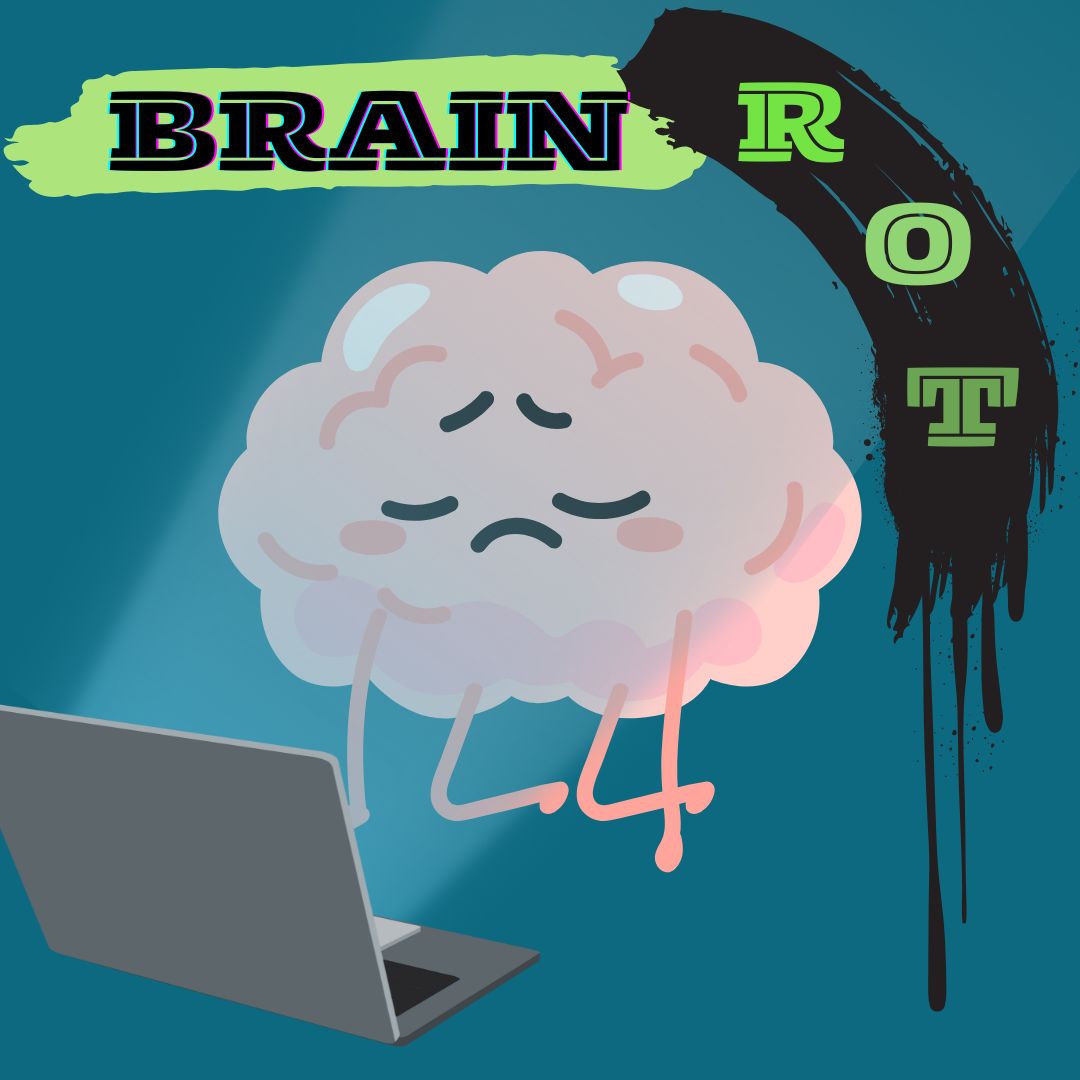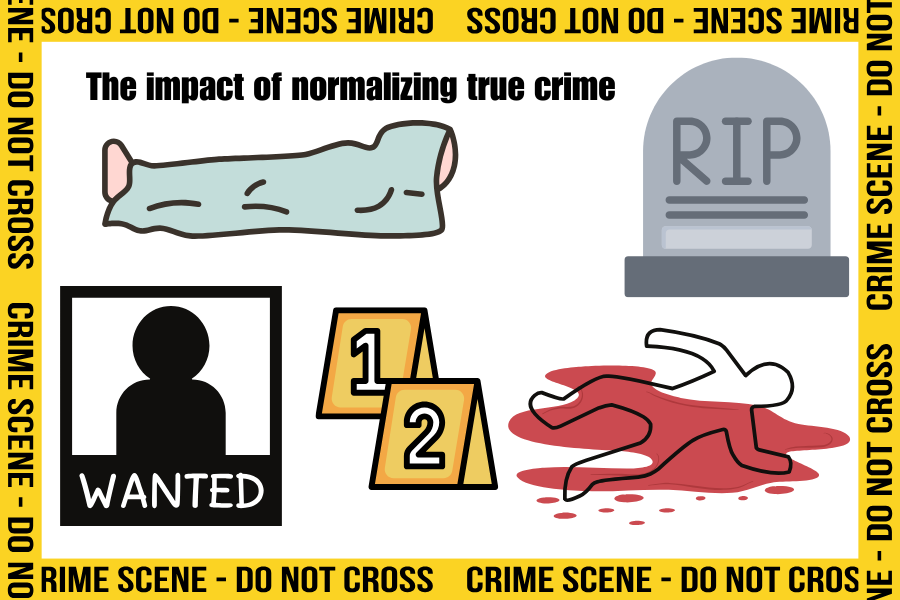On December 2nd, 2024, Oxford University Press declared “brain rot” to be their 2024 Oxford Word of the Year. Influenced by adaptations in both written and spoken language over the past year, Oxford found the word “brain rot” to have substantially influenced popular culture. However, this seemingly comedic decision by Oxford reflects the detrimental impact brain rot has had on people’s mental focus and wellness.
Technology has been rapidly evolving for more than a decade and is projected to do so far into the future. So far, this technological revolution has given rise to advanced communication methods, social media sites, and even artificial intelligence. Consequently, our lives have started revolving around the internet, an outlet that provides entertainment and makes everyone’s lives easier. But this technology can have a fundamental impact on brain development and function when taken in large doses, discussed casually as “brain rot.”
More than 37,000 people contributed to the vote for Oxford’s Word of the Year, no doubt motivated by the countless comedic social media references to “brain rot” and similar issues. While people everywhere are clearly recognizing brain rot as a tangible reality, very little is being done to negate its negative effects on everyone from adults to schoolchildren. This issue must be recognized, not joked about, and reversed to restore society’s focus and initiative.
The most noticeable impact “brain rot” has due to overexposure to the internet is a decrease in attention span. Most information presented on the internet and social media pages is compressed into short blurbs or videos, intent on communicating the most amount of information in the least amount of time. While this is good for views on TikTok, becoming accustomed to this type of media changes a person’s brain chemistry, decreasing attention span and mental focus when reading, writing, and doing other work at a job or school.
Media also causes brains to multitask beyond the usual; smartphones and social media sites encourage quick transitions between various tasks. Increasing this practice with heightened technology usage definitely adds to “brain rot”—making people more susceptible to distraction as they are not used to focusing on one thing for an extended period of time.
Some may think that these impacts are just a dramatization of inconsequential changes that come “with the times.” Who expects technological advancements to come without a little bit of change? But I, for one, have noticed a huge difference in my day-to-day life: I feel restless sitting down and reading books I used to fly through, and even everyday conversations seem hard to focus on. I don’t want brain rot, however entertaining to reference online, to take over my life and lessen the pleasure I used to take from my hobbies.
So how do we fight back against “brain rot,” and prevent it from taking any more of our time and mental focus? The most obvious answer is also the most practical: turning the screen off. Trading just some of the time spent on fast-paced social media sites with an hour of reading a book or enjoying time outdoors can center the brain and refocus the mind.
As a student looking to further my education, time management and focus is my top priority. “Brain rot” is a real problem, and it’s time to bring it into the light. Get that book recommendation and curl up with a hot chocolate; touch some grass and go for a walk with friends. Technology and its impacts will never go away, but we should do all we can to bring awareness to the “brain rot” it can bring and do our best to preserve the focus we have left—for us and future generations.









